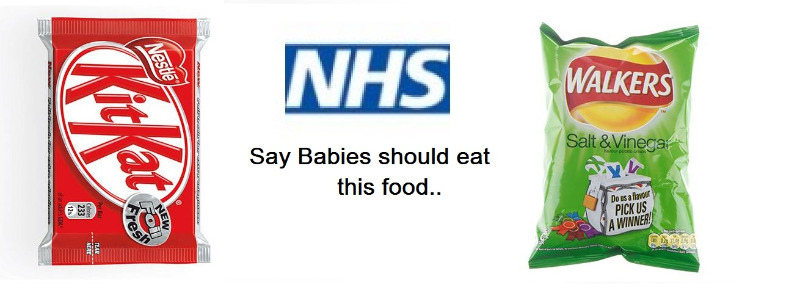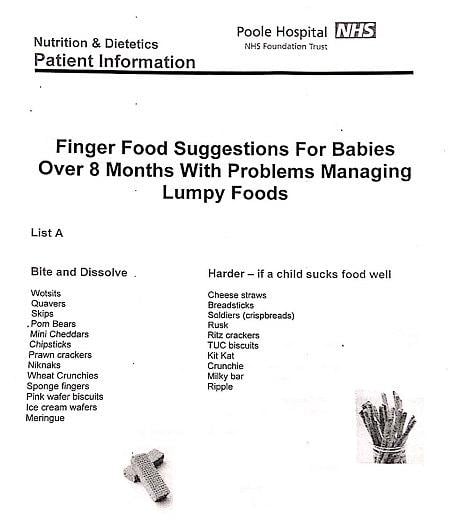“CBT is a scam. You are wasting your time and money. It doesn’t work”
People who undertake CBT are being misled because the short-term fix offered by Cognitive Behavioural Therapy does not have a lasting benefit says Oliver James.
That's the view of Oliver James talking about how the long term effects of having Cognitive Behavioural therapy otherwise known as CBT are not looking good.
Oliver James is a chartered psychologist, author and broadcaster who also appears in the media talking about talking therapies and his warning comes on the back of news that more people are getting involved in CBT as the NHS allocate greater funds to help with mental health issues.
Statistically CBT is the most popular of the talking therapies, CBT aims to help people manage their problems by changing the way they think and behave to become more positive in their lives.
As a Clinical Hypnotherapist I have to admit that I do see many clients who have taken a course of CBT but found that it did not give them the results that they wanted. Hypnotherapy is a brief therapy which teaches you ways to learn to let go of stress and take time for yourself and in my experience clients feel that they can get the results they want from working with me that they did not get from CBT. This isn’t to say that CBT isn’t right for some people but on many levels what Oliver James is talking about is echoed by many hypnotherapy practitioners that I know as well. One commented that they had seen a client who had 16 years of CBT just yesterday.
Often CBT is recommended by GPs for people with problems ranging from anxiety and depression to eating disorders.
The statistics on CBT
In the short-term, 40 per cent of those who complete a course of CBT, typically five to 20 sessions of up to an hour, are said to have recovered.
But ‘extensive evidence’ shows that two years on, depressed or anxious people who had CBT were no more likely to have recovered than those who had no treatment, said Mr James in a report which featured in the Daily Mail.
Olive James was speaking at the Limbus Critical Psychotherapy Conference in Devon.
He said: ‘As a treatment, rafts of studies have shown it to be ineffective in delivering long-term therapeutic benefits to patients with anxiety and depression. While studies show that in the short-term - six to 12 months - patients who have received CBT are more likely to report themselves as ‘recovered’ compared to those who have received no treatment, these results are not sustained in the long-term.
‘CBT is largely ineffective for the majority of patients. It is in essence a form of mental hygiene.
‘However filthy the kitchen floor of your mind, CBT soon covers it with a thin veneer of ‘positive polish’.
‘Unfortunately, shiny services tend not to last. CBT fails to address the root cause of many people’s problems, which often stem from traumatic experiences during their childhood.
£400 Million from the NHS to help fund therapy
Up to £400 million has been allocated by the NHS on treatment programmes which mostly use CBT and it is recommended as frontline NHS treatment for many mental health issues. As a hypnotherapist I lecture medical students in the benefits of Hypnotherapy for a long term solution. Part of the work that I do is in helping people to understand that they can take back that control in the future as well rather than relapse and need further sessions of hypnosis.
CLICK HERE FOR YOUR FREE RELAXATION MP3
How does CBT work?
You can read all about the difference between CBT, Counselling and Hypnotherapy here:
http://www.markpowlett.co.uk/cbtandcounsellingvshypnotherapy.html
The placebo effect
Research expressed by Oliver James in fact shows that the application of CBT is no more effective than placebo in treating anxiety or depression.Speaking further about why he objects to the use of CBT for patients in the NHS Oliver James explains that politicians find the thought of using it appealing because of the cost issues:
“ CBT appeals to politicians and NICE because it is quick and cheap.”
But, he added: ‘Working as a psychotherapist, I rarely encounter patients who haven’t been subjected to CBT, which failed to help them.’
You can find out more about hypnotherapy and how it can help you here:
http://www.markpowlett.co.uk/
Do take time to make sure that you ask for help and that you choose the best therapy for you..
Read all about the difference between CBT, Counselling and Hypnotherapy here:
http://www.markpowlett.co.uk/cbtandcounsellingvshypnotherapy.html
Update on 29th November:
There has been a lot of discussion about this and I thought you may be interested to hear some of the views about how well CBT works in the long term that have been posted as comments:
Lora: But I do agree that the longer term care is probably better for behavioral improvement over the long term and could be a whole lot more beneficial than something that simply promises a quick fix.
James: I tend to think it might work for a few things but there is a few that it just will not work..
Mary: I am a therapist and I totally agree with Mr James CBT, does not have long term effect, it is like putting a plaster over a sing wound, eventually you have to address what is causing the issue. I have many clients who have been through the revolving door of CBT and each time they hit a new crisis, their chaos resumes.
Sue: Funny you should say that. Had it before, years ago a course of 6 weeks and then you're on your own. Due to have it again!
Martin: As a qualified clinical hypnotherapist I would argue that hypnotherapy is faster and achieves better and longer lasting results than CBT. I have used CBT techniques within therapy and have been underwhelmed with the results. Think again NICE and NHS
Graham: As a clinical hypnotherapist I am continually getting clients who have undergone CBT with the NHS and it has had no lasting effect. Worst case was a woman who had undergone CBT on and off over 16 years until they washed their hands of her. By dealing with the root cause I resolved the issue in one session and she has been free of the problem for over two years. I agree with the comment about dealing with the root cause but not with the number of potential sessions it would require.
Speaking to other hypnotherapists who have worked with clients who already underwent CBT is seems that I am not the only hypnotherapy practitioner who sees many clients who have been failed by CBT in the long term. Perhaps the solution is for the NHS to be looking at longer term work where rather than being discharged at the end of the course its patients are given meetings in the future for further therapy. You may call it a top-up because I do see clients who saw me months or years ago who want to come back just for a chat and to recharge themselves. Mental health is something that you need to work on. It isn't magic taking care of your thoughts but it does need some work.

